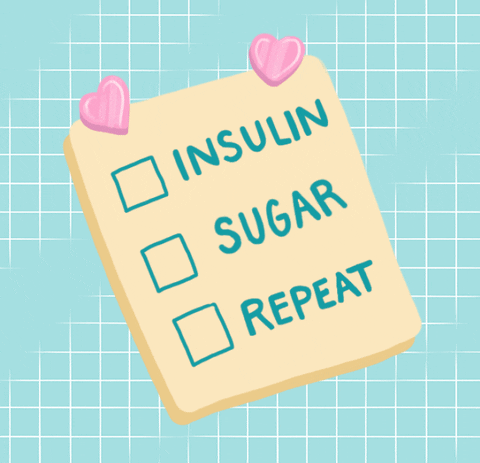Whole fruit? Nah, fruit juice for the win!

Let’s admit that we all enjoy drinking fruit juice, because we all love sweet drinks! And why eat the whole fruit when you can just drink the juice?
Well, some people believe that by drinking fruit juice, it gives their digestive system a rest from digesting fiber, in that way their body can absorb the nutrients better. Also, it can boost the immune system (especially in this Covid-19 season), remove toxins from the body, and help losing weight!

There is no doubt that fruit juice can be an excellent source of nutrients, however, compare to whole fruit, there are some drawbacks to drinking it.
Juicing is no healthier than eating whole fruit
Scientifically, there is no evidence saying that extracted juices are healthier than eating the whole fruits.
1. Low in fiber
Fruit juice contains most of the phytonutrients (plant chemicals), vitamins and minerals found in the fruit. By extracting the juice from the fresh fruits, fiber is lost. This is because the remaining flesh and fiber are discarded from the process.
When you have low fiber, your blood sugar spikes up.

Fiber slows the sugar absorption into your bloodstream, thereby manages the blood sugar level. Without fiber, sugar can enter your blood easily, thus causing a quick spike in blood sugar.
2. High in sugar
Let’s talk about sugar content in both whole fruit and fruit juice.
They are both sugar-rich, but their sugar types are different. What does that mean?
- Whole fruit contains intrinsic sugars, which exists within the cellular structure of the fruits or vegetables.
- Fruit juice contains free sugars, which are the simple sugars that exist naturally in some foods and sugar-sweetened beverages.
Free sugars are absorbed faster than intrinsic sugar, because they are not bound within the cell.
So, can I still drink fruit juice?
Yes, you can!
If you’re looking for a quick and convenient source of nutrients, or wanted to try fruits that you don’t enjoy eating, fruit juice can be the choice, provided that you enjoy it moderately.
Limit your intake into 240-480 mL/day (1-2 cups), and frequently consume whole fruits, which can increases your fiber intake.
Don’t wait until it’s too late. Check your health condition here.
A word from Doc2Us
Consult our professional doctors and healthcare professionals on Doc2Us if you have any health-related concerns. Doc2Us is a mobile application that allows you to talk to a doctor or any healthcare professionals via text chat at any time and from anywhere. For better communication, you can even send our online doctor images or voice messages related to your medical inquiry.
Download Doc2Us app on Apple App Store, Google Play Store and Huawei App Gallery; or use our web chat at https://web.doc2us.com/
Note: Doc2Us is not for medical emergencies. In the event of urgent medical conditions, please call 999.
Disclaimer: As a service to our users and general public, Doc2Us provides health education contents. Please note the date of last review or update on all articles. No content on this site, regardless of date, should ever be used as a substitute for direct medical advice from your doctor or other qualified clinician.
References:
1. Mayo Clinic: Is juicing healthier than eating whole fruits or vegetables?
2. Healthline: The 9 Healthiest Types of Juice








